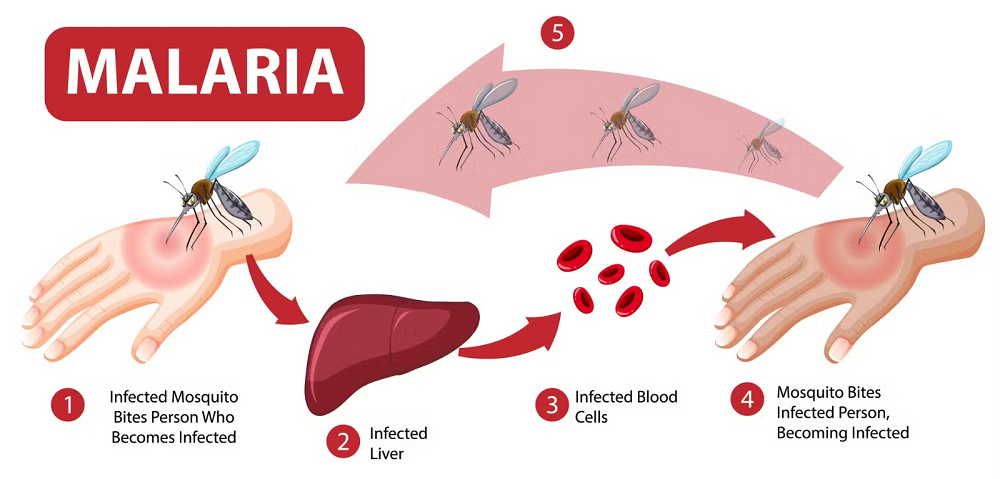Intimate Relationships for Elderly: Desire Never Ends

Through many years of clinical practice and following up with my patients, I have observed a common phenomenon among seniors: stopping intimate relations, often with thoughts like “those beautiful days are over” or “we are too old for this.” In reality, this belief is completely mistaken, whether medically, psychologically, or socially.
Intimacy is not just about sexual desire; it is a fundamental way to communicate emotionally, strengthen bonds between partners, and renew connection at every stage of life. Seniors have every right to enjoy intimacy, just as they did in their younger years.
1. Intimacy Doesn’t End with Age
Many think that sex is a temporary phase for the young and that seniors should forget about it. Science proves otherwise: sexual desire does not automatically disappear, though it may change in frequency or form. Intimacy evolves to become deeper and more genuine, emphasizing love, emotion, and spiritual connection.
2. Tangible Health Benefits
Intimate relations in older age are not just a luxury—they have strong health impacts:
• Improved circulation: Moderate sexual activity activates the heart and blood vessels and may help lower blood pressure.
• Maintaining strength and flexibility: Physical movement during intimacy helps keep muscles and joints active.
• Hormone stimulation: Oxytocin and dopamine reduce stress and depression while increasing feelings of pleasure and satisfaction.
• Better sleep and relaxation: Intimacy triggers hormones that promote relaxation and deeper sleep.
3. Psychological and Social Impact
Seniors who maintain sexual activity experience psychological satisfaction, emotional connection with their partner, and reduced feelings of loneliness or isolation. Intimacy also enhances self-esteem and confidence, keeping seniors more active and engaged in daily life.
4. Overcoming Shyness and Fear
A common barrier is embarrassment or the belief that intimacy is “inappropriate” at an older age. It is important to emphasize that these fears are often based on social myths. Sexual desire is natural at every age, and simple gestures—touches, words of affection—are vital components of a lasting marital bond.
5. Practical Advice for Seniors
• Open communication: Honest dialogue about needs and desires.
• Focus on overall health: Balanced diet, regular exercise, sufficient sleep, and regular medical check-ups.
• Medical consultation if needed: Effective and safe treatments exist for erectile dysfunction, low desire, or other health issues affecting intimacy.
• Maintain emotional intimacy: Spontaneous touches, hugs, kisses, and kind words have a strong positive impact.
• Break the routine: Try new times, locations, or shared activities to rejuvenate the relationship.
6. Intimacy as Part of Self-Respect and Shared Life
Many seniors forget that intimacy is connected to self-respect and their role in the family. Recognizing a husband’s role as a father, partner, and companion enhances sexual desire and makes intimate encounters warmer and more genuine
Conclusion
Intimate relationships are not a luxury or a phase reserved for youth—they are essential for mental and physical health, strengthening emotional bonds, and enjoying marital life at every age. Seniors have the right to love, desire, and pleasure, and maintaining intimacy enhances happiness and harmony between partners even in the later years of life.
















